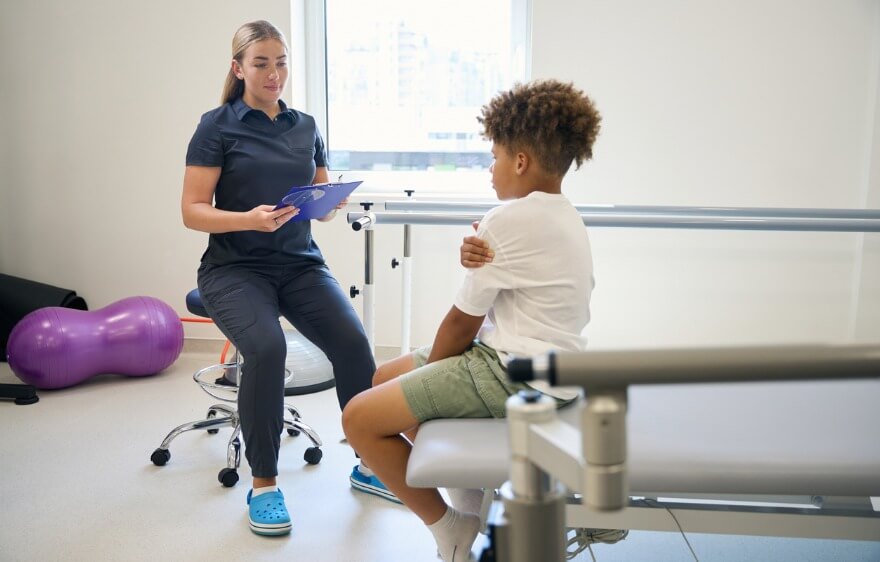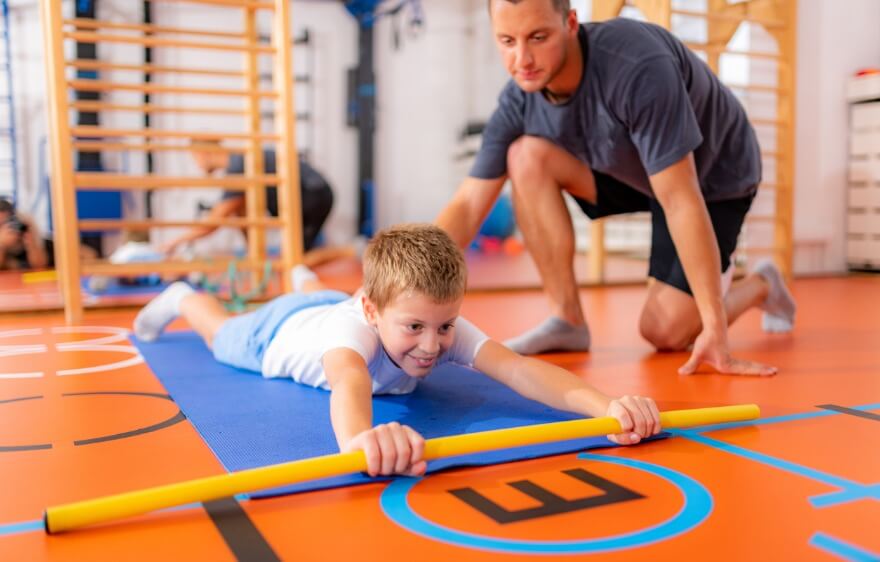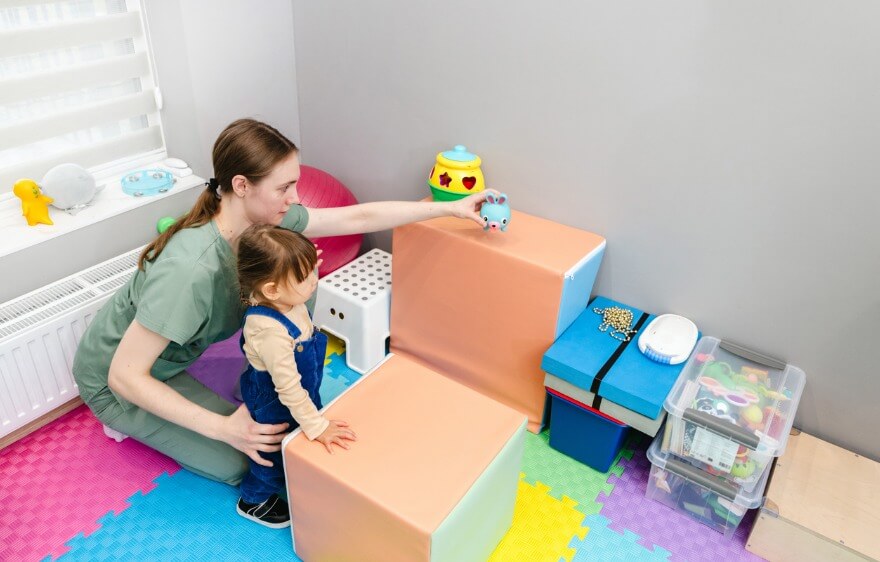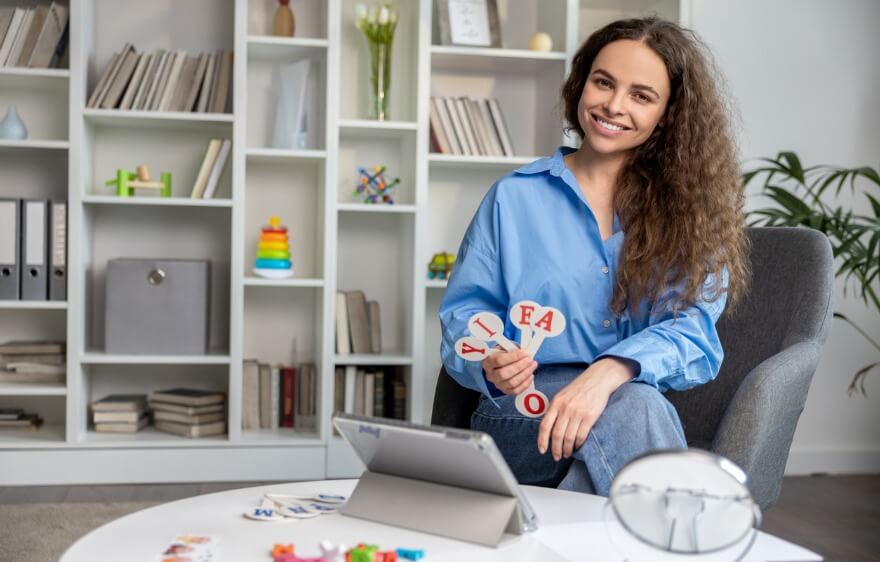Last month, we posted on the importance of games for preschoolers in developing the essential skills of executive function, attention, memory, and self-control. These skills correlate highly with academic success at all levels. We decided to look at ways to incorporate these essentials into our work with kids of all ages. This month, we are looking at attention.
Following are some ways to incorporate support for attention skills into your small-group therapy:
- Model internal monitoring for students of all ages (“What were the directions?” “Do I understand what to do?” “Am I ready to learn?”)
- Teach and practice “Stop. Think. Plan. Do.”
- When giving directions, confirm that you have the student’s attention, have him restate the directions, and teach the cues that tell students teachers are going to say something important.
- When teaching sequencing words (first, next, then, before, after, when, etc.), use them in activities to model planning and sequencing schoolwork, home chores, and other real-life responsibilities.
SLPAs and paraprofessionals should always operate within the scope defined by state and national licensing organizations and should only conduct allowable tasks under the supervision of a speech-language pathologist.





